How many of you had to visit banks to get your money transferred to your friends or family?
We all remember when we had to stand in long queues for different banking services like money transfers, bill paying, loan services, and more. But now the time has changed; you can do all banking transactions from minor to major just by sitting on your couch using your smartphone.
With the evolution of technology and innovation, the banking industries have seen a massive transformation in delivering financial services. The greater access to information technology and the use of smartphones gave birth to the “Fintech industry.”
Fintech Industry acts as financial expertise firms like banks that provide financial services like lending, payments, and cross-border transfers to their clients. They rely on the latest technology and innovation to deliver financial services through internet-based platforms.
As of February 2021, there were 10,605 fintech startups in America, 9,311 such startups in the EMEA region, and 6,129 in the Asia Pacific region. (Statista)
According to the Fintech market share, the Fintech Industry size was $159 billion in 2019 and is expected to grow 25% in 2020. The Fintech Industry is projected to grow an average of 25% from 2018 to 2022
Since the 2008 financial crisis, the Fintech Industry has come up as an emerging financial service sector with around 10,600 Fintech startups in America itself.
The core area on which Fintech Industry is working is enhancing the user experience by making transactions faster, 24×7 access, immediate consultation, and remote account opening, which traditional banking lacks. Let’s look at some other reasons that gave rise to Fintech companies.
Highlights of Contents
Banking Limitations That Gave Rise To The Fintech Industry
- More rigid organizational structure
- High operational cost
- Bound to many rules and regulations
- Lack of Innovation
- Refrain from using the latest technologies
- Merely focus on enhancing the consumer experience.
Growth Of Fintech Industry
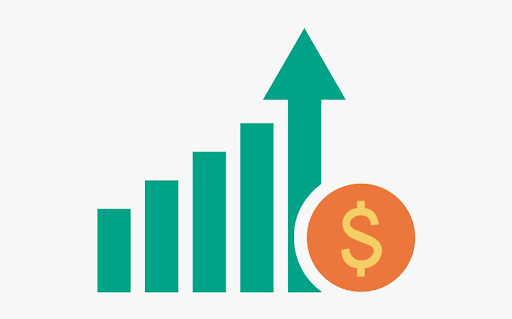
As per the business research company, the Global Fintech Market is predicted to grow at a CAGR of 9.2% to nearly $ 158.014 billion by 2023. It will grow at a CAGR of 10.2% to around $ 191.84 billion in 2025 and $ 325.311 billion in 2030 at a CAGR of 11.1%.
The Fintech Industry’s popularity saw a spike during the covid-19 pandemic as people preferred the digital mode of payments during that time and is likely to continue. Still, security reasons like Electronic frauds, Technology failure, and data misuse could hinder its future growth.
Fintech Industry Vs. Banking Sector

The Fintech Industry relies on technology that improves the delivery of financial services. In contrast, banks are financial institutions authorized to receive securities from their customers.
Key Difference Areas
1. Purpose
The critical factor that makes the Fintech Industry different from traditional banking is the primary focus of Fintech firms is to enhance the overall user experience. In contrast, traditional banking focuses on security and risk management.
2. Technology Reliance
Fintech companies rely heavily on technologies like Artificial Intelligence(AI) and Automation, while banks are not dependent on technological advancements.
3. Structure
Banks are more process-oriented, and they have a rigid organizational structure, making it difficult for them to adopt new technologies.
Fintech firms are customer-oriented and have organizational structures with fewer barriers that encourage innovation.
4. Target Audience
Fintech targets those with low credit ratings; on the other hand, banks target customers with a high credit score.
How is the Fintech Industry Impacting the Banks?
The Fintech Industry has changed the face of banking and financial services. It has made financial services like lending, payments, and loans related services easy and flexible.
Financial institutions have drastically emerged and improved in the last few years. It has changed how the bank operated and has opened a vast new market for market-based lending.
The technologies used by Fintech companies have played a significant role in making the banking sector adopt the latest technologies.
Now bank-related services like money transfers, remittance transfers, loan-related services, and insurance services are done instantly and flexibly. Let’s discuss this in brief.
Payments and Money Transfers: Fintech firms made payments and money transfers more accessible than ever. Now you can transfer your money to anyone and anywhere around the world using mobile applications on smartphones.
E.g., PayPal allows you to transfer and accept money to anyone and anywhere instantly.
Remittance Transfers: The global remittance services used to be expensive and complicated because of many hidden charges, including FX spreads, commissions of many intermediaries, etc.; over the years, Fintech Industry made international remittance transfers fast and also refrains from charging all kinds of hidden charges.
Bank Loans: Taking bank loans used to be a complicated process. With the rise of Fintech, taking loans has now become easy and flexible.
These industries are providing faster loan applications to consumers and business organizations, including small and medium enterprises.
Fintech firms have also replaced traditional credit scoring criteria with machine learning and algorithms, making it possible for people to apply for a loan in a less complicated way.
ET Money is one of the popular Fintech apps that allows you to get instant loans.
Insurance: Innovation in final services and banking makes it possible for people to take all kinds of insurance services by sitting at home using their smartphones, making it a flexible and straightforward process.
Lemonade is among the best Fintech apps that help you get insurance in record time.
Fintech has transformed every aspect of financial services and banking, but it can’t overtake banks completely.
The innovation introduced by Fintech has made banking transactions faster, cheaper, and more accessible than in the past. However, banks are still needed for highly regulated services like allowing people to keep their money safe in their bank lockers.
The innovative technologies used by Fintech firms will likely change how the financial sector operates and interact with their customers.
Banks will have to invest in new technologies to address their customer needs better and effectively. Still, it’s going to be difficult for banks to adopt these latest technologies and innovations using the traditional business models.
Read Also
Several global banks are already cooperating with technology companies to explore blockchain further. For example, Ripple, a San Francisco-based company, is trying to create its blockchain network for global banks.
How are Banks Collaborating with Fintech Firms?
It’s ideal for banks to connect with Fintech companies rather than seeing them as their competitors. This partnership will help create an open banking network that allows traditional banking to deliver faster services for their new-age clients.
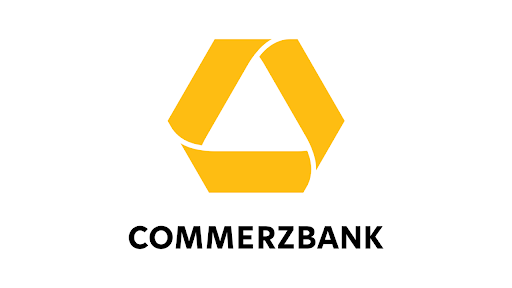 You may have heard about the Commerz bank collaboration with IDnow. IDnow helped Commerzbank verify their customers’ identity for their mobile app via video on their smartphone or computer, resulting in 50% increased conversion for Commerzbank.
You may have heard about the Commerz bank collaboration with IDnow. IDnow helped Commerzbank verify their customers’ identity for their mobile app via video on their smartphone or computer, resulting in 50% increased conversion for Commerzbank.
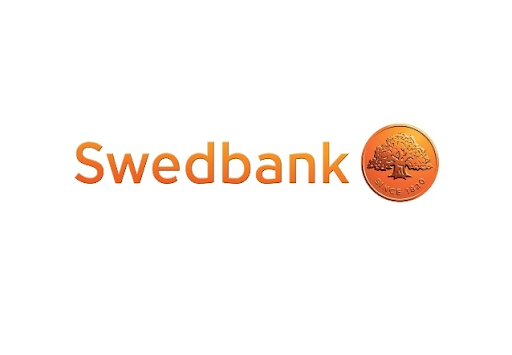 Another example of a bank collaboration with a fintech firm is Minna Technologies’ partnership with Swedbank. They help Swedbank’s customers manage their entire subscription by purchasing new subscriptions and tracking how much subscription is left.
Another example of a bank collaboration with a fintech firm is Minna Technologies’ partnership with Swedbank. They help Swedbank’s customers manage their entire subscription by purchasing new subscriptions and tracking how much subscription is left.
According to Ron Shevlin(Director of Fintech Research), Bank and Fintech partnerships are a win-win situation as Fintechs will help banks offer services that would take them years to develop. On the other hand, banks will help Fintech scale distribution in a faster and cheaper way.
What Are The Core Benefits Of The Fintech Industry?
 Source: VectorStock
Source: VectorStock
The Fintech industry is an emerging field that uses new technologies to complement traditional banking services. Some benefits that Fintech firms to businesses and startups are:
- Better customer services.
- Personalized services.
- Lower costs with no canceling and modification fees
- High flexibility
- Greater speed
The Fintech Industry needs to be entirely understood as apart from delivering a good user experience, it also poses some risks that you can’t ignore. Here are some limitations of Fintech firms.
Risks Associated With Fintech Firms
 Source: VectorStock
Source: VectorStock
According to ImmuniWeb, 98 percent of the top 100 Fintech start-ups are open to cyberattacks, including phishing, app security attacks, etc. Apart from these cyber threats, it poses some other risks for clients like:
- Lack of data security
- Misuse of personal data
- Difficulty in identifying customers
- Electronic frauds
- Technology failure
- Cloud-based security risks
Final Verdict
Banking services have massively transformed majorly in the last few years. The rise of the Fintech revolution leads to banks starting to invest in the latest technologies and innovations.
The Fintech firms use innovative technologies to deliver traditional banking services like money transfers, bill paying, and loan services quicker, making the consumer experience their priority.
The growing trend of digitalization and innovation has set customer expectations high regarding financial services. It will be difficult for banks to adopt the latest technologies using the traditional business models.
Fintech services have seen massive growth in the past few years, with a low level of disruption. Still, they fail to deliver the highly regulated service that the bank performs better.
However, Banks have started seeing Fintech firms as their partners, not competitors. Many central banks have already begun to collaborate with Fintech firms to address their consumer needs faster and effectively.
FAQs
Q1-What is Fintech?
A1-Fintech(Fintech technology) is the technology that uses the latest technologies to automate and improve the banks’ financial services. Some of the leading Fintech companies are PayPal, Ant financial, and more.
Q2-What are the best Fintech companies?
A2-Here are the topmost FinTech companies from around the world
- Ant Financial
Ant Financial, introduced in 2004, is an affiliate company of the Chinese Alibaba Group. It originated from Alipay.
- Xero
Founded by Rod Drury, Xero is the fastest-growing cloud-based accounting software platform for small and medium business enterprises.
- PayPal
PayPal, founded in December 1998, is an American company that provides easy online money transfers and works as an alternative to traditional banking methods like cheques and money orders.
- Transferwise
TransferWise, founded in January 2011 by Estonians Kristo Käärmann, is one of the world’s best global money transfer companies. The company supports over 750 currencies.
Q3-Why is Fintech the future?
A3-The Fintech industry’s future looks bright as the number of Fintech Industry in the world is rising. According to some research, the Fintech Industry will reach $191,840.2 million in 2025.
Fintech companies have changed the financial services sector by delivering fast and effective services to the consumer, and this trend will continue to rise in the future.

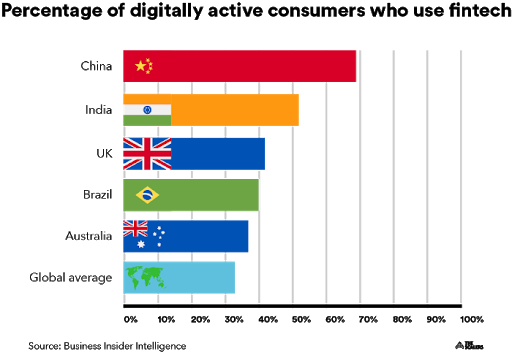 Source
Source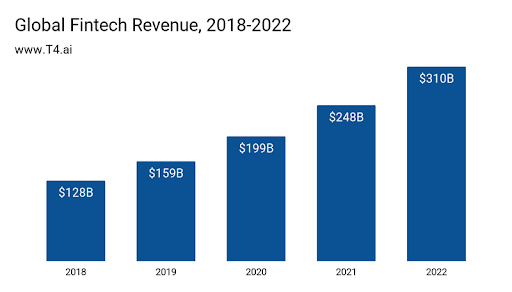 Source
Source Source
Source